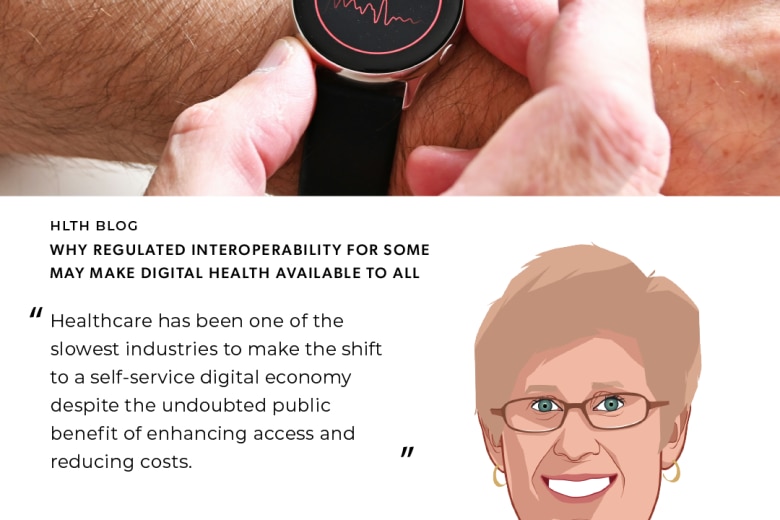The delivery trucks arrived like clockwork at the end of every month. We needed the dedicated fleet to dispatch the mountain of invoices we prepared within a healthcare organization that served more than 2,000 patients a day in just one of its hospitals.
Twenty years ago, when we counted on those trucks, everything was manual. Today, most of that paper is gone, and we are harnessing revenue cycle management (RCM) systems to transform healthcare.
A 2020 study found that healthcare, dental included, saves about $122 billion annually by automating administrative tasks, from scheduling to payment processes.
RCM: Support Patients from the Front Door to the Final Payment
My healthcare career started at a hospital reception desk. When I transitioned to RCM, I witnessed the pain of patients and their families through the diagnosis codes entered in their paperwork.
The more quickly I worked, the sooner those patients could return to their lives. But the manual, paper-based system was slow and error-prone. Corrections took days. As RCM technologies evolved, they began breaking down barriers and helping patients get the care and convenience they deserve.
Online platforms now enable consumers to schedule appointments, find information about treatment and testing, and make payments. Goodbye frustrated phone calls, letters, and checkbooks. Hello, streamlined services.
Healthcare organizations leverage advanced revenue cycle management solutions to monitor a patient's entire care journey, personalizing each interaction. Whether a patient enters through an appointment or the emergency department, hospitals speed up access to care. Staff can quickly resolve discrepancies now that data lives on a single source of truth. No more thumbing through filing cabinets to compare doctors' notes with prescription records and payer invoices.
These efficiencies save more than time and resources. They save patients the headache and create loyal customers.
How RCM Optimizes Healthcare Operations
As my own career has grown, I’ve also seen the ways RCM technology has tackled long-standing problems facing healthcare organizations themselves.
One of the first was scheduling inefficiencies. The enterprise once struggled to view cancellations and changes in real time. Now, healthcare organizations quickly identify and fill openings, bringing more feet — and revenue — through the door.
At the same time, RCM technology has lowered the costs of prior authorization. In the past, staff spent days negotiating with payers and chasing doctors via fax and phone calls. Today, a few clicks can settle the matter, largely with the help of new healthcare interoperability solutions. The right RCM technology integrates seamlessly with the electronic health record system, ensuring access to key information when it matters most. That’s a far cry from the paper records that clogged vast, expensive warehouses.
When I started, 120 debtor days were common. Modern systems like electronic submissions, payment, and processing ended the era of printed invoices and streamlined cash flow. Now it’s possible to turn around payments in a week.
What’s Next for RCM Technology?
Each revenue cycle management process generates information ripe for data analytics that spotlight hidden inefficiencies. Does a doctor take twice the average time to perform a procedure? Are stock issues delaying operations? As we look to the future, RCM data will help us continue to lower costs, create efficiencies, and improve patient experiences.
Data and automation have empowered everyone within the healthcare organization to do their best for the patient. That’s the kind of benefit that every healthcare organization needs in order to thrive.
Leverage creative data technology to improve revenue cycle management in your healthcare organization.







































